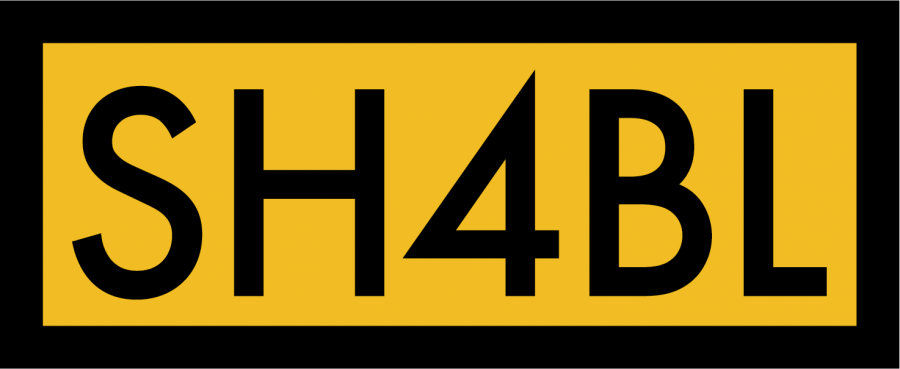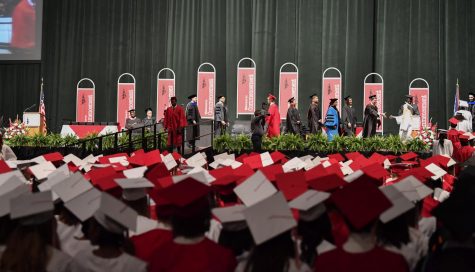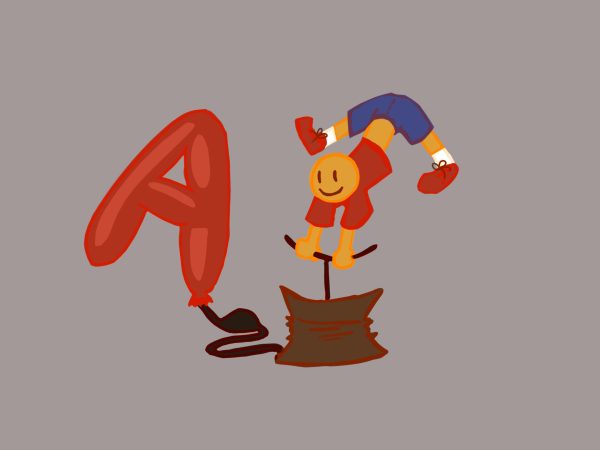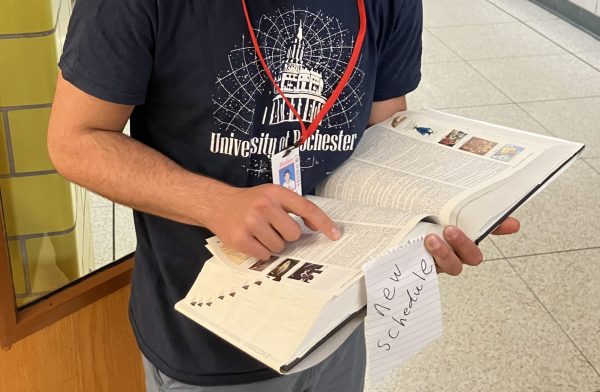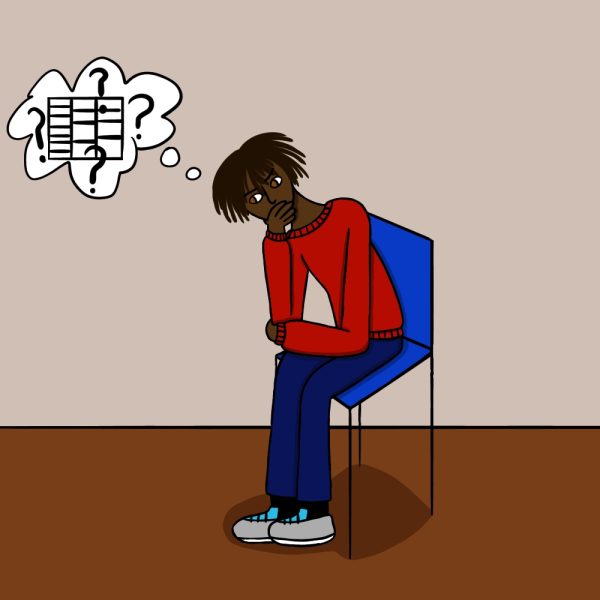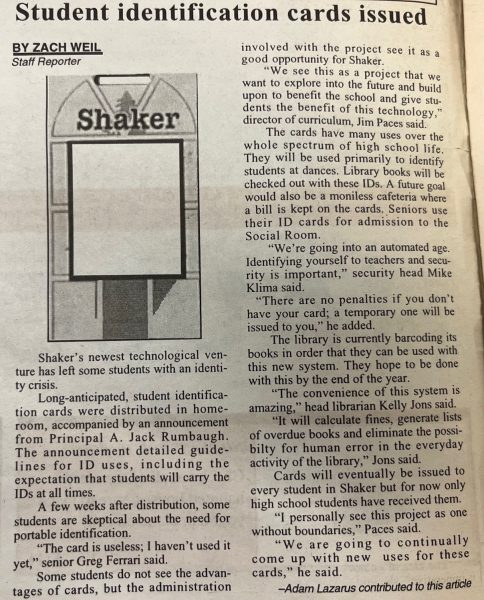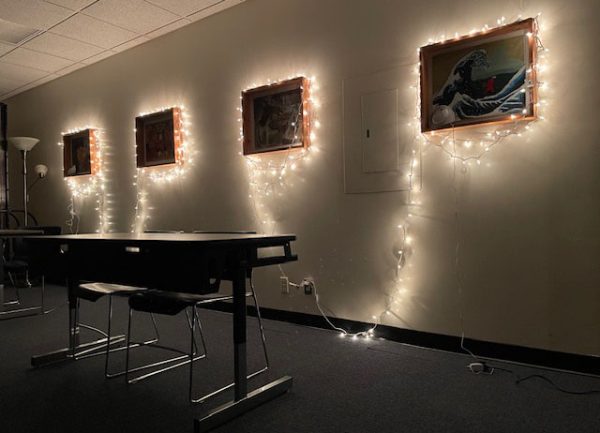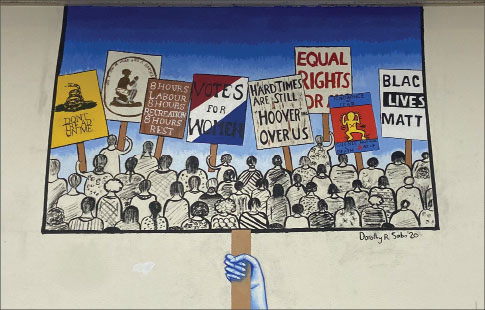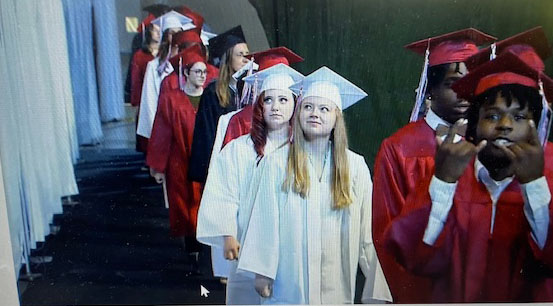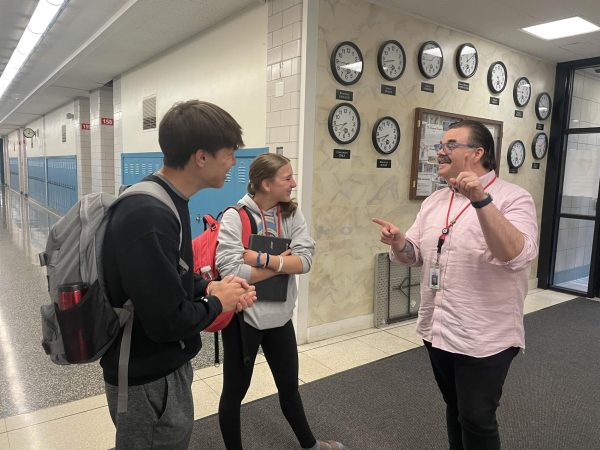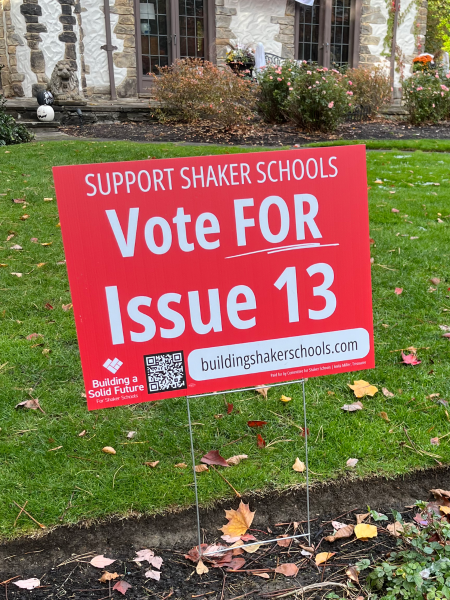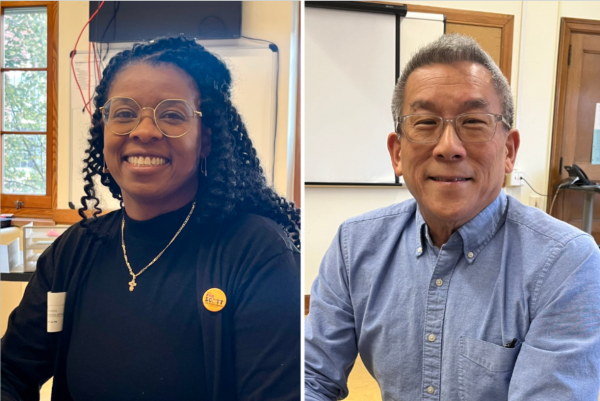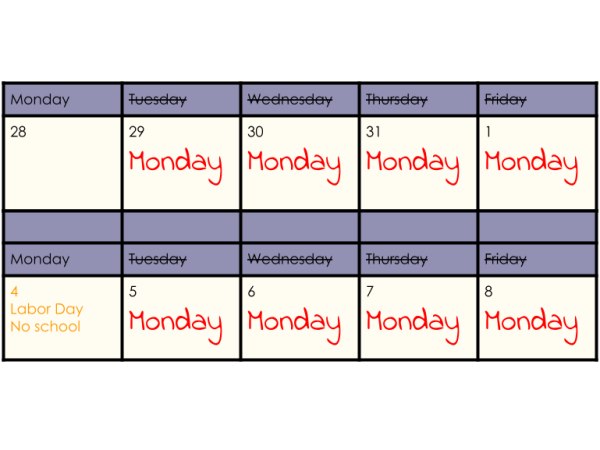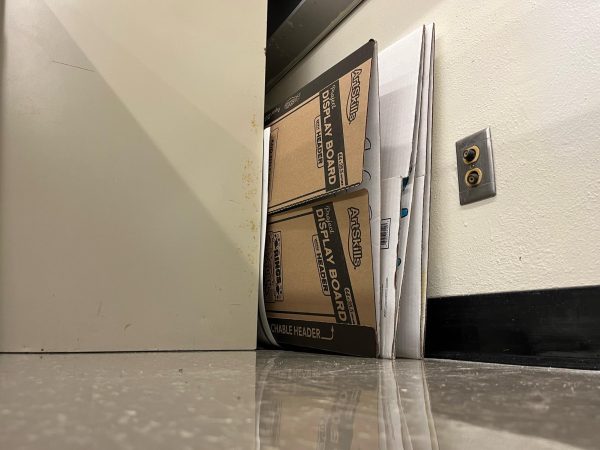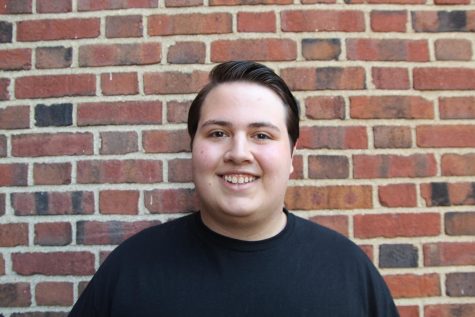SH4BL Urges Alternatives to Police for Mental Health Crises
Dear Shaker Heights City Council Members and Mayor Weiss,
Shaker Heights for Black Lives and our allies applaud the city’s initiative and ongoing efforts to create a mental health response team (MHRT) to respond to the needs of people experiencing mental health crises in Shaker Heights. However, the plan the city has proposed is inadequate.
Amid a growing movement to reimagine public safety in the aftermath of the murder of George Floyd and the historic demonstrations against police violence that ensued, the idea of finding alternatives to having police respond to mental health crises has become a focal point in many cities across the country. In their project entitled “Reimagine Safety,” the Washington Post Editorial Board said, “jurisdictions around the country are questioning whether an armed police officer is really the best response to most calls for help. Philadelphia, Dallas, Denver and Atlanta are among the growing number of cities experimenting with new, unarmed response teams to better respond to crisis calls, particularly where mental health is involved.” Other non-police response models are not new. Notably, the CAHOOTS program in Eugene, Oregon has been serving its community for over thirty years. The City of Cleveland has recently enrolled in a training program to learn how to implement a police-free response program along the lines of CAHOOTS.
A key component of all of these programs is that they do not involve sending police as first responders. So, while we are heartened by the city’s initiative and $100,000 budgetary commitment to fund a pilot MHRT program in 2021, we are dismayed that the proposed plan still involves sending a police officer to respond to mental health crises in Shaker Heights. We call on the city to design and implement a pilot plan that sends a non-police team to respond to 911 calls for help. Of course, those teams could call in police backup when necessary, but we don’t anticipate this to be necessary very often. In practice, other cities using a police-free MHRT model, including CAHOOTS in Eugene, Oregon, have resorted to calling the police less than 2% of the time.
Members of Shaker Heights for Black Lives and other community groups have attended MHRT planning meetings since the summer of 2020. We have helped the city with research, brought more community members into the discussion, and voiced our desire for a plan that involves sending social workers and mental health professionals to respond to emergency calls without police or guns. During those meetings, it became clear that city officials, advocates, police leadership, and people with mental health illnesses and their loved ones agree that police are not ideal respondents to mental health crises. Shaker Heights’ 2021 MHRT pilot program should not be used as yet another proof of this point. Instead, this is the perfect opportunity to try a police-free model that we all agree we need, so we can improve upon it in future years. This is also an opportunity for Shaker Heights to reassert its place among the national leaders in grappling with racial integration and equity.
In a previous MHRT planning meeting, a Crisis Intervention Trainer suggested that police-free models work better in higher-population areas, such as those in Eugene or Denver. We call on the city to pilot a police-free MHRT model now, to be used as the basis for the implementation of a regional CAHOOTS-style MHRT, either at the county level or in partnership with the five cities that share dispatch services with Shaker Heights.
We appreciate the City’s open process and look forward to further discussion and consideration of these issues. We are excited for the opportunity to work with you to help Shaker Heights both improve city services and find its place amid the growing national focus on reimagining public safety.
A version of this article appears in print on page 58 of Volume 91, Issue I, published May 28, 2021.

